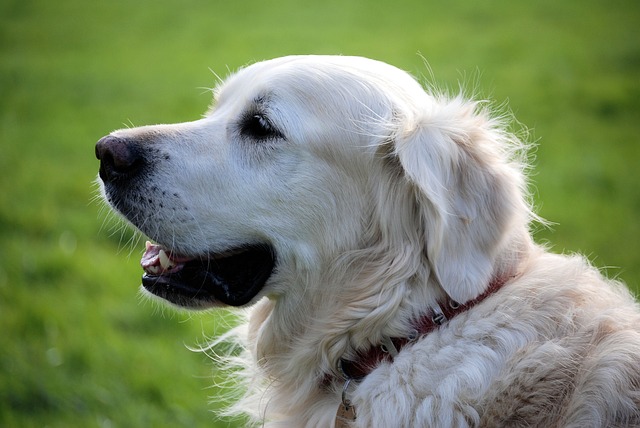
How to Teach Dogs to Stay Still
Dogs struggle with “stay” because their brains are wired to “follow the pack”—and you’re their pack. To them, staying put while you move feels wrong
That sinking feeling when you call your dog's name with increasing urgency, only to watch them sniff obliviously or trot happily in the opposite direction. We've all been there. It's not simple disobedience or spite; it's often a complex mix of canine psychology and environmental overwhelm. Understanding why your furry friend isn't responding is the first crucial step toward fixing it.
Dogs don't ignore us to be difficult. Sometimes, powerful psychological barriers get in the way. Fear or anxiety can be major players. If your dog associates coming back with the end of fun, a scolding, or even just being leashed and leaving the park, they learn that ignoring the recall command leads to better outcomes. Distraction is another huge factor. A fascinating scent, a squirrel darting up a tree, or playful dogs nearby can instantly override their attention span, making your voice fade into background noise. Then there's inconsistent training. If "come" sometimes means a treat and a game, and other times it means bath time or confinement, they simply don't know what to expect. This confusion breeds hesitation.
Beyond what's happening inside their heads, the world outside offers a million compelling reasons *not* to come. Competing stimuli are everywhere. That deer trail through the woods, the intriguing garbage bin down the street, or even just the sheer joy of unrestricted freedom can easily trump your recall command. The environment itself might hold negative associations. If they had a scary experience near a particular spot or associate being called back with something unpleasant happening, they'll be understandably reluctant. Even the distance matters. The farther away they are, the harder it is for your voice to compete with the immediate sensory feast around them.
So, how do we overcome these hurdles? It starts with rebuilding trust and positive associations. Ditch the scolding if they finally come back after ignoring you initially; punishing the eventual arrival teaches them that coming back is bad news. Instead, make yourself the absolute best thing in their universe when they *do* respond. High-value treats they only get for recalls (think real chicken or cheese), enthusiastic praise, and a quick game of tug can work wonders. Practice in low-distraction environments first – your quiet living room, then your fenced backyard – before expecting them to listen at the bustling dog park. Gradually increase the difficulty as they succeed. Keep training sessions short, fun, and always end on a positive note. If fear is a factor, identify the triggers and work on desensitization and counter-conditioning, potentially with a certified professional dog trainer.
When your dog finally comes trotting back to you, even after a slight delay, it’s more than just obedience; it’s a testament to your bond. Patience and empathy are your most powerful tools. Seeing the world through their eyes – understanding the fear, the distraction, the confusion – transforms frustration into connection. By addressing the real psychological reasons your dog won't come and respecting the environmental factors affecting dog recall, you build mutual trust. This deeper understanding strengthens your relationship, turning recall from a battle of wills into a joyful reunion. It’s not just about getting them back; it’s about reinforcing that coming back to you is always the best choice.

Dogs struggle with “stay” because their brains are wired to “follow the pack”—and you’re their pack. To them, staying put while you move feels wrong

I was walking my friend’s Australian Shepherd, Luna, through a Seattle neighborhood last month when a jogger rounded the corner—and Luna erupted into barks

You’re walking your new rescue dog in the neighborhood park when a child on a scooter zips past, and suddenly your pup freezes, lips pulled back in a snarl, growling low in their throat.

You've just moved into a cozy apartment in downtown Chicago, excited to host your first dinner party. But as soon as the doorbell rings, your dog goes wild

It’s 7 AM on a Tuesday, and you’re already wide awake—not because of your alarm, but because your pup is standing at the window, barking nonstop at the neighbor walking their dog.

You’re strolling through your suburban neighborhood in Colorado, coffee in hand, when a kid on a bike rounds the corner. Suddenly, your pup tenses, hackles up